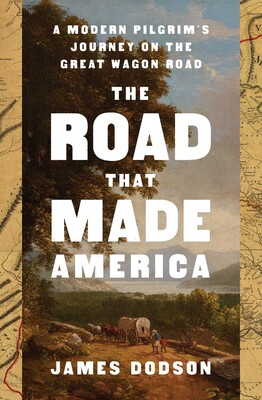Even though I was born in the Bronx and own several books about the history of the Bronx, I'm always interested in more background about this part of New York City.
This week, I took a look at Gotham: A History of New York City from 1898-1918, by Mike Wallace. The New York Times reviewed the book here. It is a massive tome, nearly 1,200 pages long, and filled with great context about the fast-moving expansion and profound changes in the Big Apple during an important period of development. After reading a chapter or two, I realized I would get more out of checking the index for my specific area of interest: The Bronx.
Not too much of Bronx history actually turns up in Wallace's book, but the bit of material I did find was enough to flesh out more family history context.
Twenty years of head-spinning change
On the very first day of 1898, Manhattan and Brooklyn (already the country's first and fourth-largest cities) were legally consolidated with Queens, Staten Island, and the Bronx to form the modern New York City we know today.
Soon the construction of multiple elevated and underground subway systems would put the heart of the city within affordable and convenient reach of the "outer boroughs" (meaning everything other than Manhattan). Combined with technological and electoral changes, not to mention societal changes and historic events both local and global, the period of 1898-1918 made New York City into a formidable business, employment, housing, and political power.
Immigrants move out of the Lower East Side
This was the booming metropolis where Ellis Island immigrants entered the United States. And these were the years when my immigrant maternal grandparents (Hermina Farkas and Theodore Schwartz) met, married, began a family, and moved out of lower Manhattan to settle in the Bronx, less than an hour's ride by subway from the business districts in midtown and downtown Manhattan.
No car was needed in those days of cheap mass transit (my Schwartz grandparents never had one, nor did my parents). But if residents had a car, they could enjoy the view on rolling, beautiful parkways as well as driving down the elegant Grand Concourse.
As the book points out, a tremendous housing boom (of affordable apartment buildings in particular) helped attract tens of thousands of residents to the Bronx. My Schwartz grandparents first rented an apartment in a big building on Brown Place, then moved to an apartment on Fox Street, all at the Southern end of the Bronx.
The extremely rapid growth required more infrastructure, year after year. Bronx groups lobbied for--and ultimately achieved--county status, which came with additional resources. In addition to continued residential and business development, the Bronx as a county enjoyed "home rule" of a sort.
From bucolic to built up
My Dad (Harold Burk, 1909-1978) used to tell stories of his family planning a daylong picnic outing from Manhattan to the Bronx, up to World War I at least. Dad and his immigrant parents, two sisters, and younger brother would escape the summer heat and crowds by boarding a bus or subway to ride to the upper tip of Manhattan, then getting on a horse-drawn wagon to spend a few hours in a green field somewhere in the bucolic Bronx.
But after World War I, I suspect the Burk family cooled off in one of the big planned Bronx parks, quiet oases of grass and trees. In fact, my paternal grandparents (Isaac Burk and Henrietta Mahler Burk) moved to the Bronx by 1930, settling in an apartment building close to a big park. When grown, three of their four children lived in Bronx apartments (one defected to an apartment in Queens).
Thus, my Schwartz and Burk ancestors were part of the major population shift that quickly pushed the Bronx over one million residents and made it into an "instant city," to borrow a phrase from author Mike Wallace.
Greater Gotham added a smidge of color and context to my knowledge of my ancestors. This is my post for Amy Johnson Crow's week 2 prompt, "A Record That Adds Color," from her 2026 edition of 52 Ancestors in 52 Weeks.





















